The best gins for every occasion: fancy a G&T, a Negroni, or a Martini? These are the best gins for the job


This article contains affiliate links. We may earn a small commission on items purchased through this article, but that does not affect our editorial judgement.
The quintessential English spirit (make of that what you will: it's dry, strong, and synonymous with regret), gin has long since thrown off the auspices of being a 'nana drink' and is now rightly heralded as the most useful cocktail ingredient there is.
At once malleable enough to pair with myriad mixers, yet still flavourful enough to assert its own presence in any drink, keep a store of interesting gins in your larder and you're never far away from an excellent livener.
While the gin of the eighteenth century craze is best left in the past (turpentine and sulphuric acid featured in the manufacturing process at some backstreet distilleries), modern gin allows for individual flavours to dominate, making it the perfect pairing partner.
To craft gin, grain spirit (distilled via a similar process to vodka) is re-distilled with herbs, fruits, botanicals, and spices, with the only 'rule' being that juniper should dominate. Featuring flavours as disparate as orange, cinnamon, cardamom, black pepper, cucumber, rosewater, lemon and liquorice, if you pair the grace notes of your gin to the mixer you have selected you'll draw out the best in both.
The only downside of gin's current popularity is that a plethora of craft gins available can make it difficult to negotiate the (ahem) flooded market. The modern passion for innovation has led to many a gin that is simply too heavy on additional flavourings – a 'more is more' policy designed to sell bottles by listing a veritable encyclopedia of ingredients on the label. It's an approach that neglects to appreciate that any good spirit, like the perfect cocktail itself, should be balanced in its flavour, rather than bolshy.
Here are our favourite gins on the market, matched to occasion. Please note: we haven't even touched Sloe Gin, as it's such a different beast it warrants its own consideration.
One quick word before we begin: if you're looking to shop on a budget, Beefeaters is the best cheap gin, and makes for a crisp, classic gin'n'tonic. For the top shelf gin you can pick up at the supermarket, we'd opt for Tanqueray.
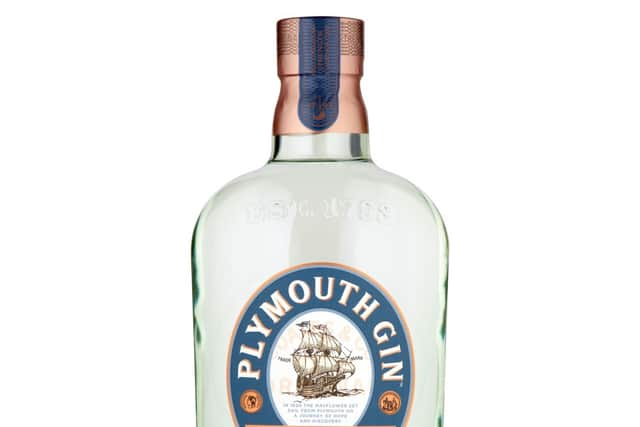

Best for: a Martini
In technical terms, a Plymouth Gin is a protected drink – only gin manufactured in Plymouth may be called it. Conveniently, Plymouth Gin (the brand) is the only distillery continuing to manufacture Plymouth gin (the style).
Flavour wise, a Plymouth gin is drier than London dry, with more prominent citrus and a suggestion of spice at the finish, thanks to the seven botanicals it contains: juniper, orange peel, dried lemon, cardamom, angelica, orris root, and coriander. It has a soft mouthfeel, and a slight earthiness to it. The citrus comes to the fore in a lingering, charming fashion.
Plymouth makes for a rounded, exquisitely smooth Martini.
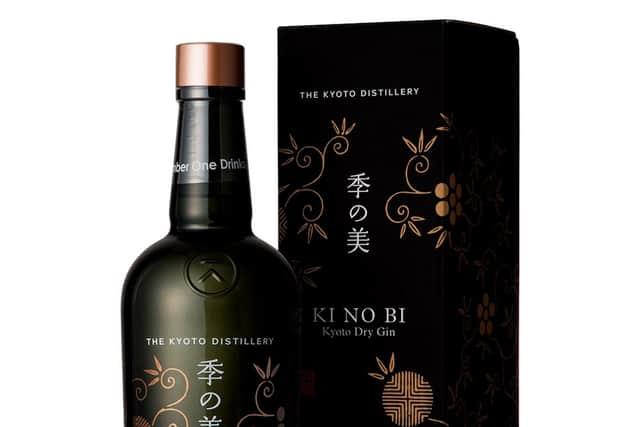

Best for: an elegant Japanese gin
Resist any urge to make a poor Star Wars joke: The name means “the beauty of the seasons”.
Ki No Bi is crafted with the elegance of a artisan perfume – a base note of briny sansho opens up to a hint of citrus (yuzu), a whip-crack of ginger, before mellowing to a top note of tea.
If that sounds busy, it's anything but: those elements are beautifully balanced, and blend to a fascinating sip. As a sipping gin, it's a positive trip: smooth, citrussy, tasty. That smooth intensity makes for a moreish Martini, too.


Best for: those new to gin
Aviation gin was named for the cocktail, a simple concoction of gin, maraschino liqueur, and fresh lemon juice.
The founders of Aviation gin figured that while the jazz age cocktail had long-since fallen from favour, it was time to reintroduce such classics to the new generation, and in doing so, remind them that gin was capable of so much more than being paired with tonic.
The resulting gin – housed in a bottle evocative of the Gatsby era – brings richer flavours to the fore and back-foots the juniper. Here, blousy sarsaparilla and unconventional lavender means this gin isn't overwhelmed by the juniper bite that puts some people off gin. It's perfect, of course, for the lightly sweet cocktail it's named for, and for a lightly sweet Negroni. We'd serve it to anyone who has yet to convert to all things genever.
Note: latterly the distillery was purchased by Ryan Reynolds. If you were worried it was simple a Hollywood vanity tipple, then, rest assured this isn't the case.
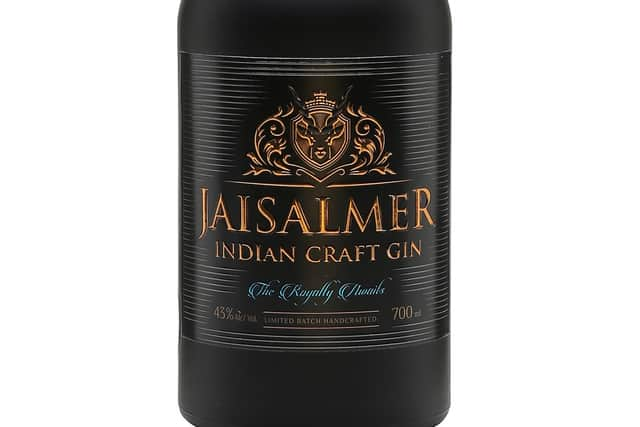

Best for: pairing with ginger ale
We are not on a mission to convert those who don't favour gin to the cause. But if we were, Jaisalmer would be our serve.
This fascinating sip does feature a juniper as a back-bone, but then it leans towards warm spices – chilli, cumin, black pepper, and grains of paradise make for an evocative drink.
We play up the spiciness by pairing with ginger ale, and garnishing with orange peel – fizzy, bright and lively.
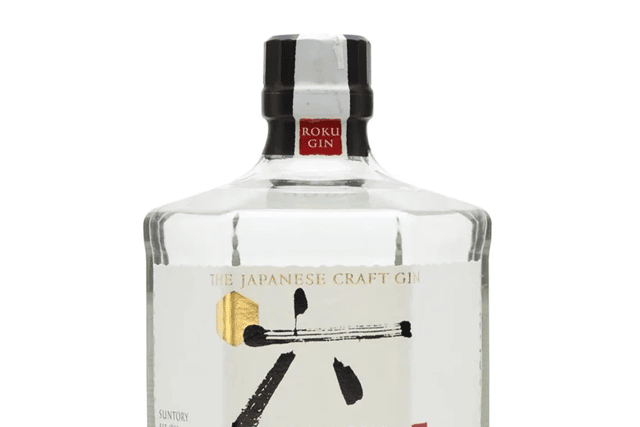

Best for: gifting
Don't be mistaken – this Japanese gin is fabulous to drink. From the famed Suntory distillery in Japan, it's a light, herbaceous gin, ideal with tonic or on the rocks with a slice of lime.
But while it's terrific to drink, it's the bottle that we adore: elegant and eye-catching at once. If we know a gin-lover having a birthday, this will invariably be our present: most people haven't partaken of Roku yet, and it looks suitably grand as a gift.
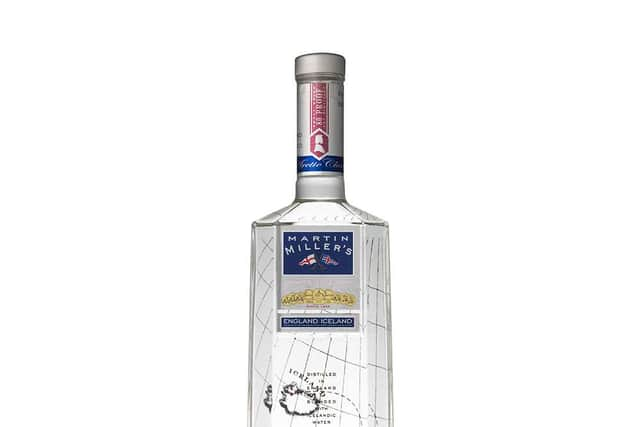

Best for: enjoying neat
Martin Miller was founded in 1999, a full decade ahead of the craft gin boom, with a view to creating a premium gin at a time they weren't in fashion. They succeeded in that goal, creating a fresh, lively gin that continues to stand out to this day.
You'll taste citrus first, with a round bout of juniper to follow, and a pleasingly dry finish. There's a crisp, mineral quality to it – it truly can be enjoyed neat – and makes a wonderfully refreshing G&T.
We enjoy ours garnished with basil leaf, which accentuates the clean, fresh flavours of the gin itself.
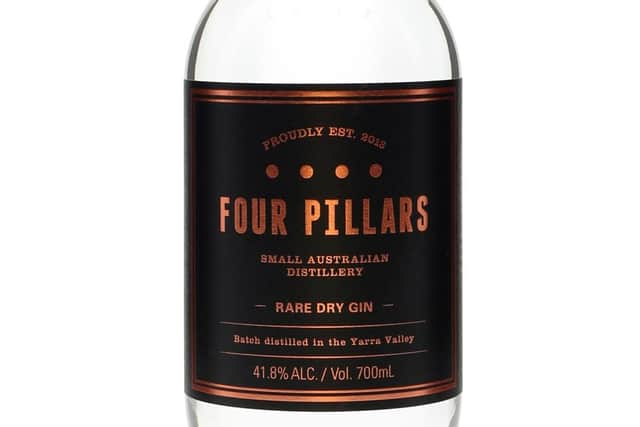

Best for: hot summer days
Made in the Australian Yarra Valley, using water direct from the valley, local botanicals, and distilled in a traditional copper still, this is a bold, spicy, flavourful gin.
With accents of whole oranges, pepperberry leaf, cinnamon, cardamom and star anise, we love the grandeur of this gin, which bursts with juicy, summery flavours.
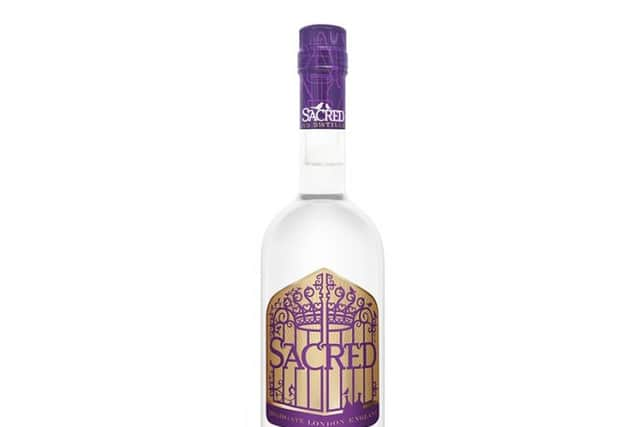

Best for: a micro-brewery gin
Any distillery geek must make a pilgrimage to the Sacred Micro Distillery in Highgate, London, where the gin is created using a low-pressure vacuum via a rota-vap, rather than copper pots (the entire set-up is more akin to a Breaking Bad super-lab than a gin distillery).
Each individual ingredient is distilled on its own under low pressure and at a low temperature. This means flavours taste 'of themselves' rather than a boiled version – think orange flavour, not marmalade, to catch our meaning.
Their futuristic methods are paired with a traditional 17th century recipe, which includes some more obscure botanicals, such as frankincense, alongside more standard ones.
The resulting gin is a tiny triumph: an ideal balanced of citrus and cardamom, with a quiet, but distinct, juniper taste. It makes for a particularly creamy Martini, or a clear, crisp G&T. We love it.
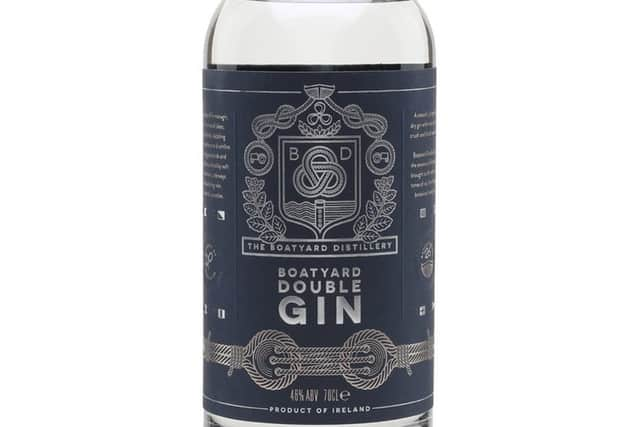

Best for: best for juniper lovers
If it is juniper you seek – after all, gin is named for the flavourful berry – than Boatyard will provide a powerful thwack. This organically produced gin, distilled in a boathouse in Lough Erne, Northern Ireland, is crafted via a process that imparts that distinctive flavour not once, but twice.
Rounded out with pepper and grains of paradise, this somewhat heady drink is well-leavened with citrus as a serve (that is, drink it with a twist of lemon or orange mixed in).
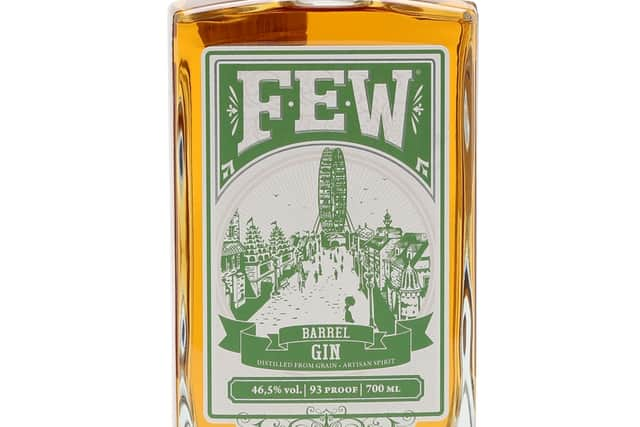

Best for: a barrel-aged gin
Barrel-ageing gin is gathering popularity in the world of craft gin, where distilleries are looking for new, interesting ways to imbue their tipples with depth of flavour.
Few is an independent Chicago distillery where, after creating their gin from scratch, they redistill them with a mix of juniper, lemon peel, cassia bark, and angelica. It’s then aged (like whisky) in an oak cask, which both mellows and sweetens the gin, adding it a vanilla complexity. We love sipping this straight over ice.
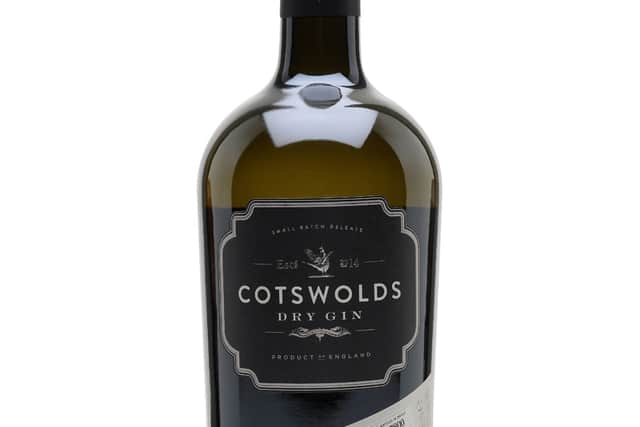

Best for: a cloudy G&T
For a most distinctive pour, you can't pass up Cotswold, which looks gorgeous when paired with tonic – clouding over like liquid mother of pearl.
We love its sharpness, as Cotswold is a gin not afraid of showcasing its flavours – pepper and juniper slap you around the chops (pleasantly so).
We like ours garnished with a sweet fruit, such as a strawberry, to harmonise with the gin's dominant flavours.
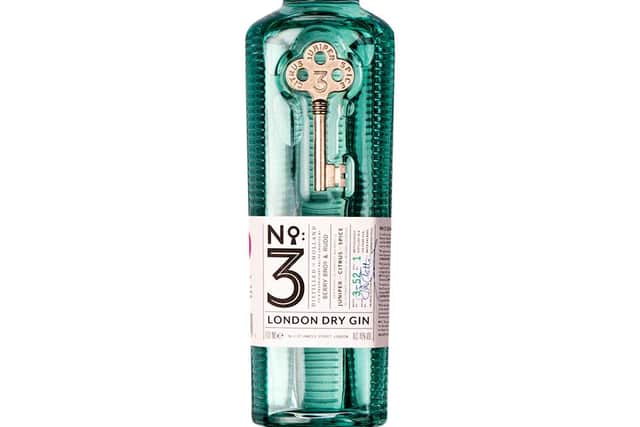

Best for: simple sipping G&Ts.
Oo, this is a smoothy. Made by Berry Bros & Rudd (the oldest wine and spirits merchant in the UK), it’s a very classic style gin - perfect for pleasing a broad range of palates, from those who enjoy the juniper, to those who are simply in it for the refreshing feel of a good, well balanced gin to slosh in their tonic.
With delectable accents of citrus, cardamom, and juniper.
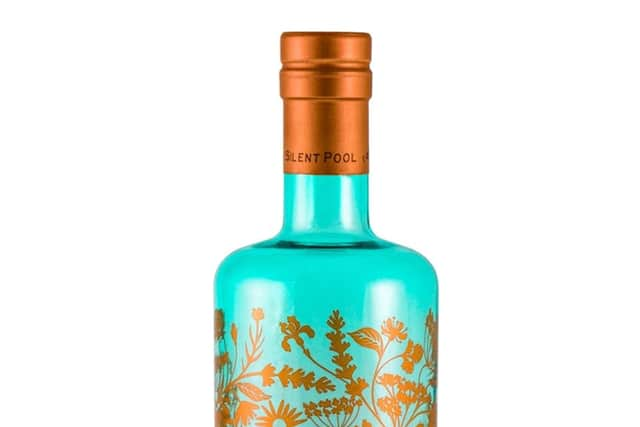

Best for: a hint of sweetness
With chamomile, lavender, and honey notes, this Surrey created gin is deliciously rich, while remaining clean and refreshing. If you prefer floral fragrances, this gin is likely to tickle you.
We adore the bottle, too - simply stunning.
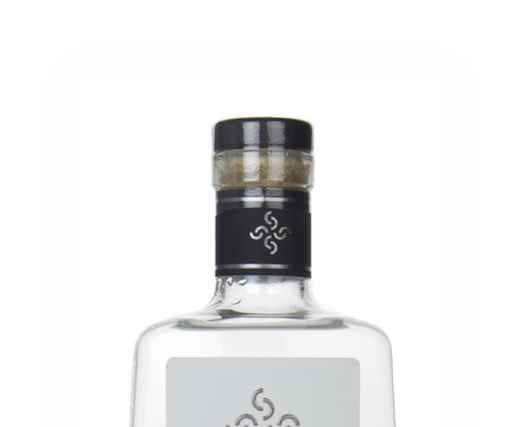

Best for: a perfectly balanced, crisp gin
We mentioned in our intro to this article our frustration with modern gin companies that lean too heavily on botanicals, and sully the clean, juniper lead simplicity of a classic gin.
Inverroche Classic Gin may have been crafted to satisfy our desire for a tipple that is ideally balanced - not boring, just clean and smooth. With a piney juniper and earthy botanical underpining, a hint of citrus lifts this easy to drink gin, a pleasingly floral, crisp drink when supped neat.
But we adore this in a G&T - it sings of that bright citrus splash, a judicious degree of juniper, and a little bit of spice (cardamom and cassia) to add depth. Delicate but not dull. Highly commended.
